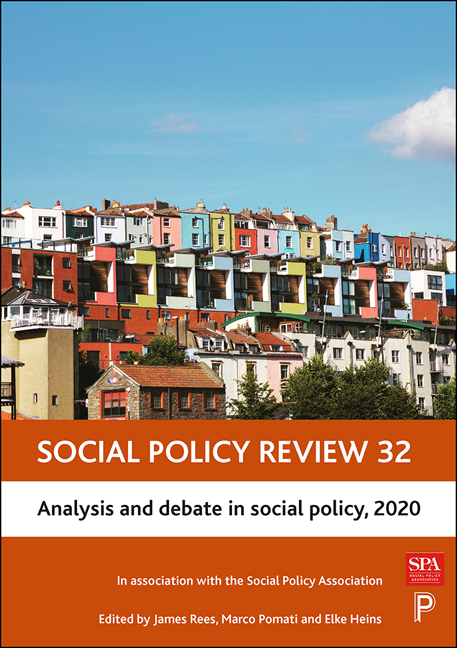5 - The Family Welfare Source and Inequality in Liberal Welfare States: Evidence From Cohort Studies
Published online by Cambridge University Press: 18 March 2021
Summary
Introduction
The family of origin, in whatever form that may take, is a key locus of support and influence in a youth transition, that is, the period between childhood and adulthood comprised of multiple status changes in employment, education and family formation domains (Settersten et al, 2005). One's family of origin shapes opportunities and ambitions, and has been conceptualised as a ‘safety net’ and a ‘scaffold’ for young people (Swartz et al, 2011). As a safety net, the family of origin provides in-kind and financial support for young people to ‘fall back on’ when a transition experience has been unsuccessful; as a scaffold, a family of origin provides resources for a young person to establish an independent life. In an age of economic and social precarity for young people in the Western world, the family of origin is being increasingly relied upon through the youth period and into adulthood.
However, the extent to which the family of origin must be relied upon to meet the welfare needs of young people during this period is dependent upon the organisation of the labour market and the welfare state that comprise the transition context. While many studies of youth transitions assess the changing nature of the labour market and its impacts on young people as independent actors, welfare state and family resources have been addressed less in empirical work. This gap is particularly problematic for researchers and policymakers given the emergence in current US and UK youth cohorts of longer periods of co-residence, an increase in the ‘boomerang’ experiences of residential (in)dependence and the prominence of intergenerational transfers. While there is some evidence of impacts on residential transitions and economic outcomes in the youth period, there is less evidence on how family resources impact outcomes in the longer term and how they might reinforce inequality.
The aim of this study is to investigate the impact of the family welfare source on a young person's long-term economic independence outcomes. The chapter first conceptualises the multidimensional outcome of interest – economic independence – and the use of the welfare mix as an organising framework. The work then briefly reviews how each of the three welfare sources impacts a young person's transition to adulthood.
- Type
- Chapter
- Information
- Social Policy Review 32Analysis and Debate in Social Policy, 2020, pp. 97 - 134Publisher: Bristol University PressPrint publication year: 2020



